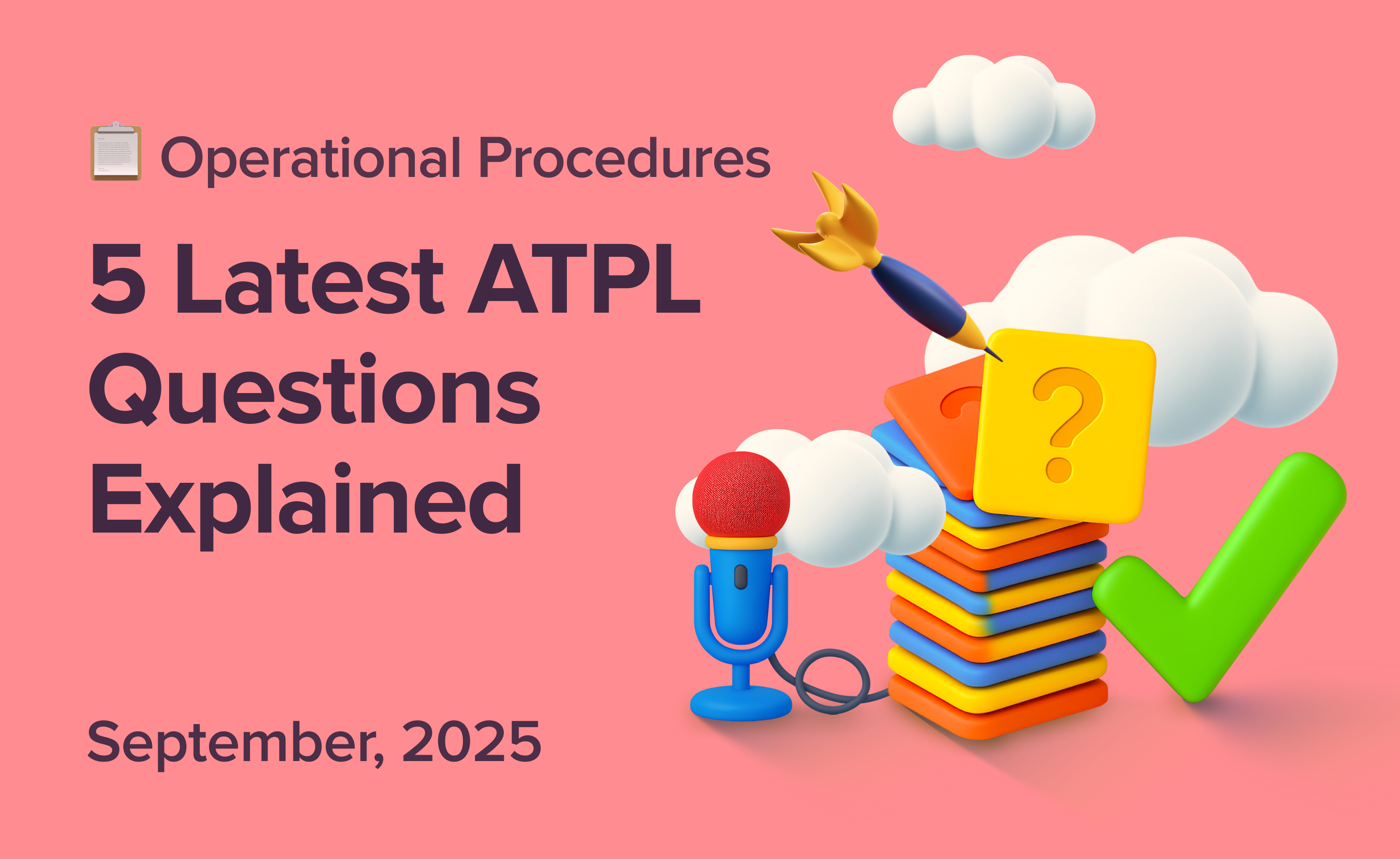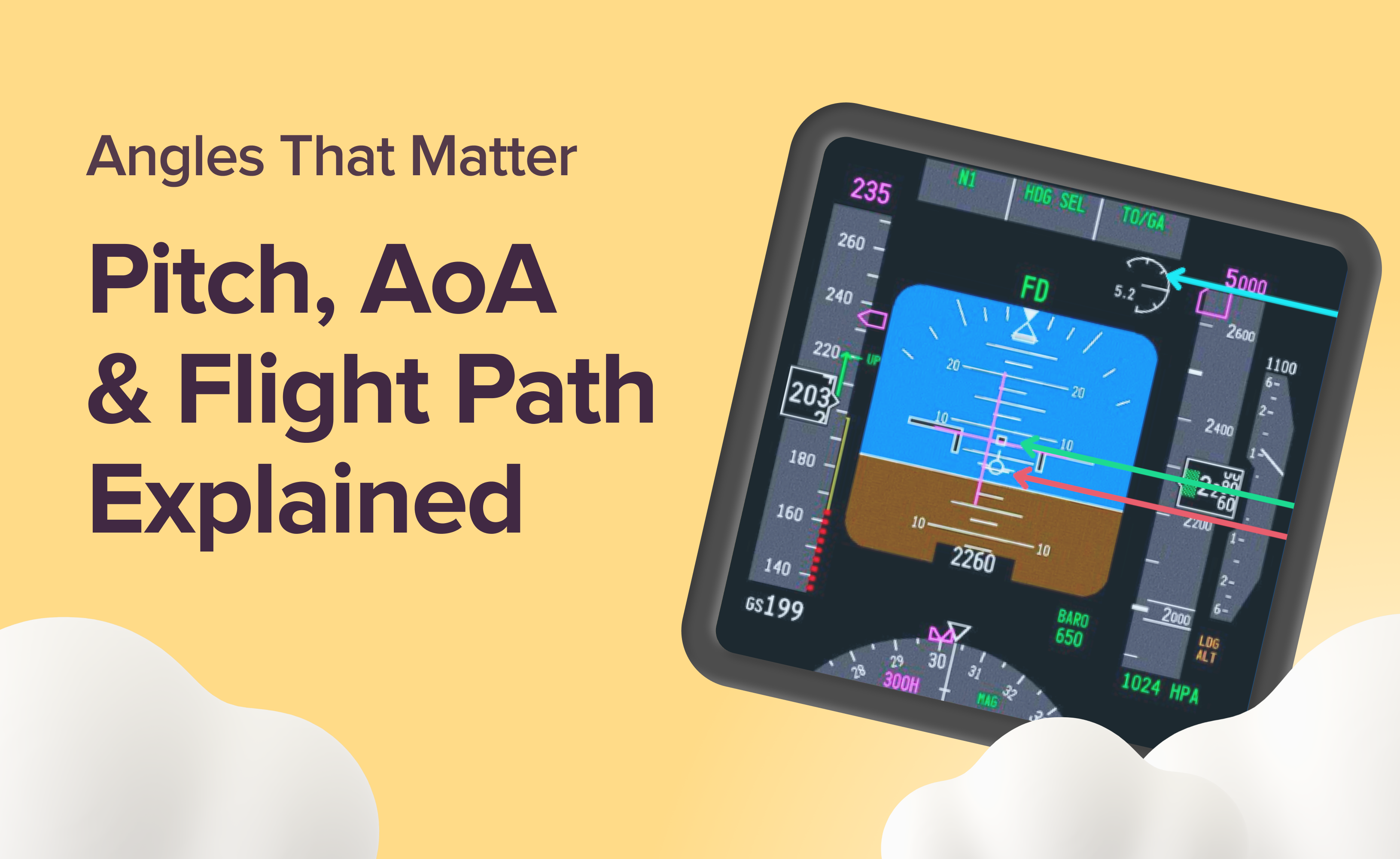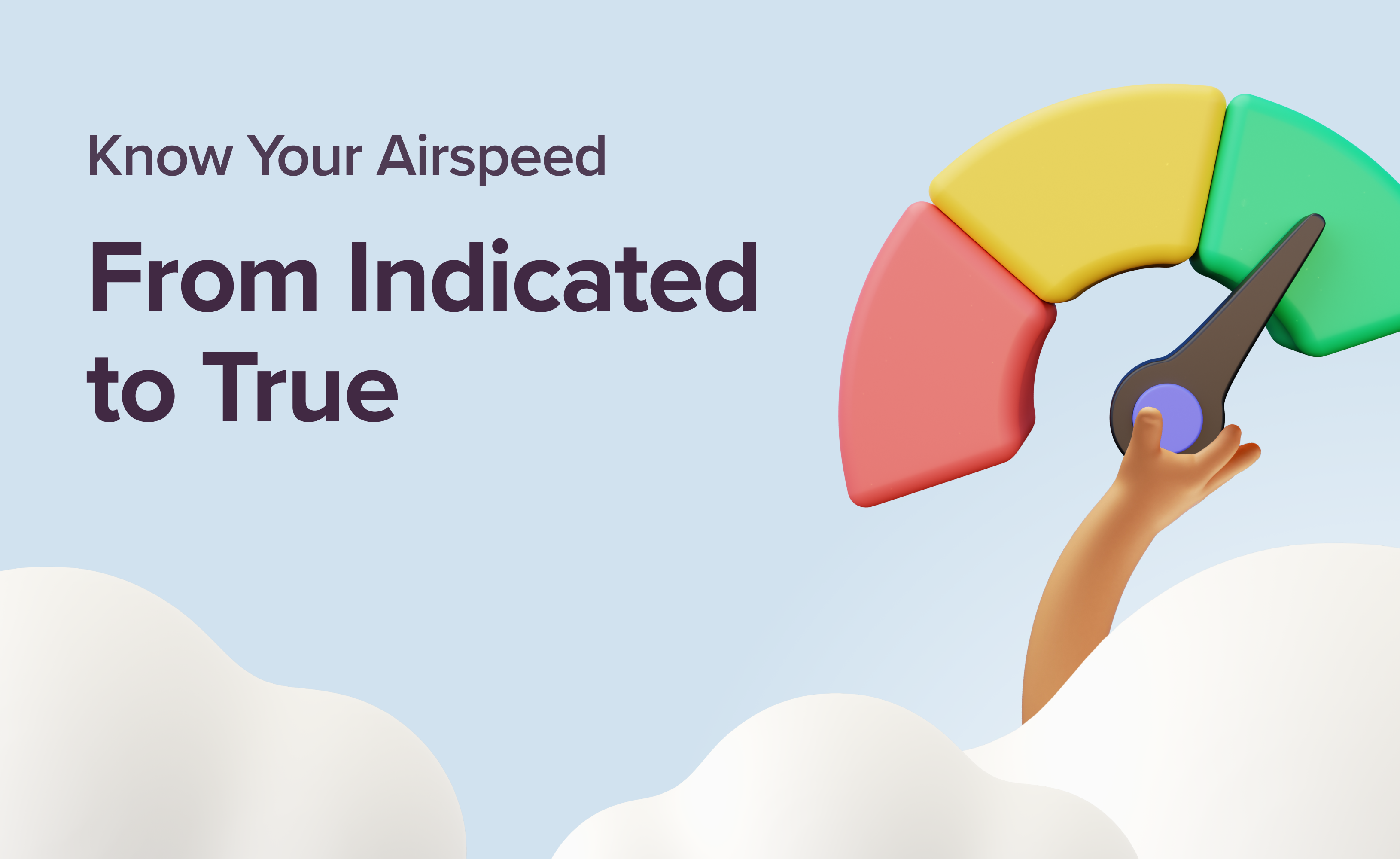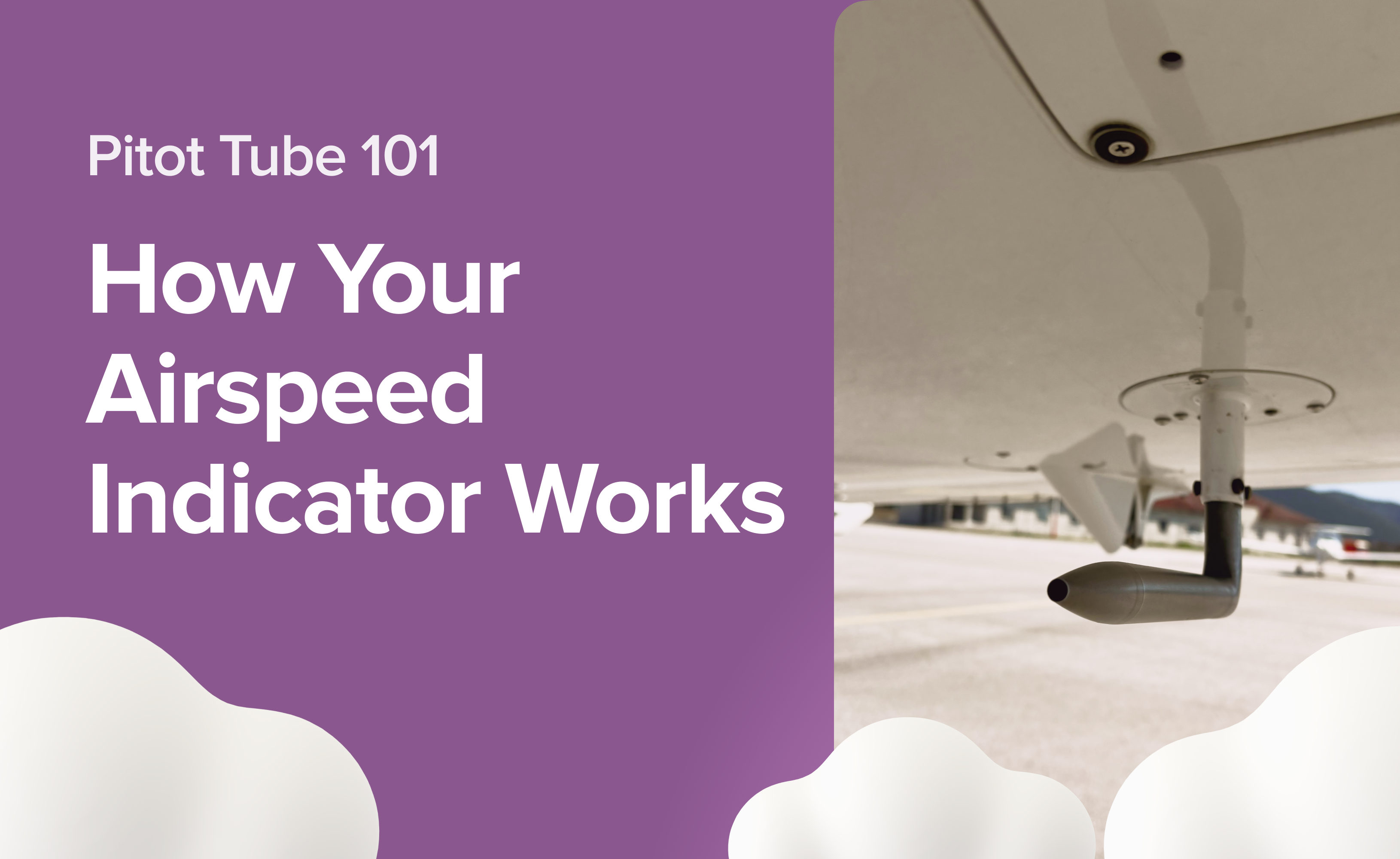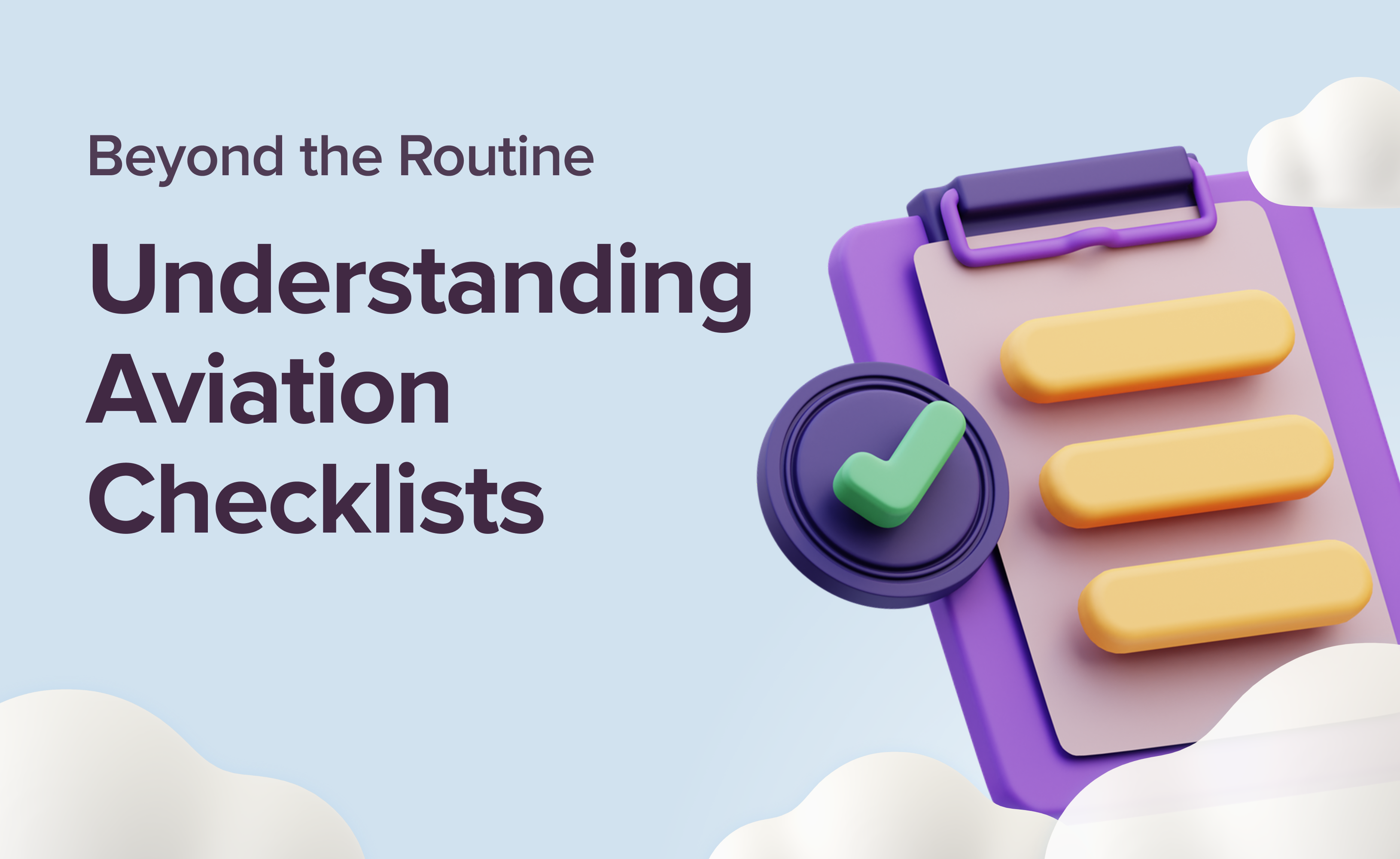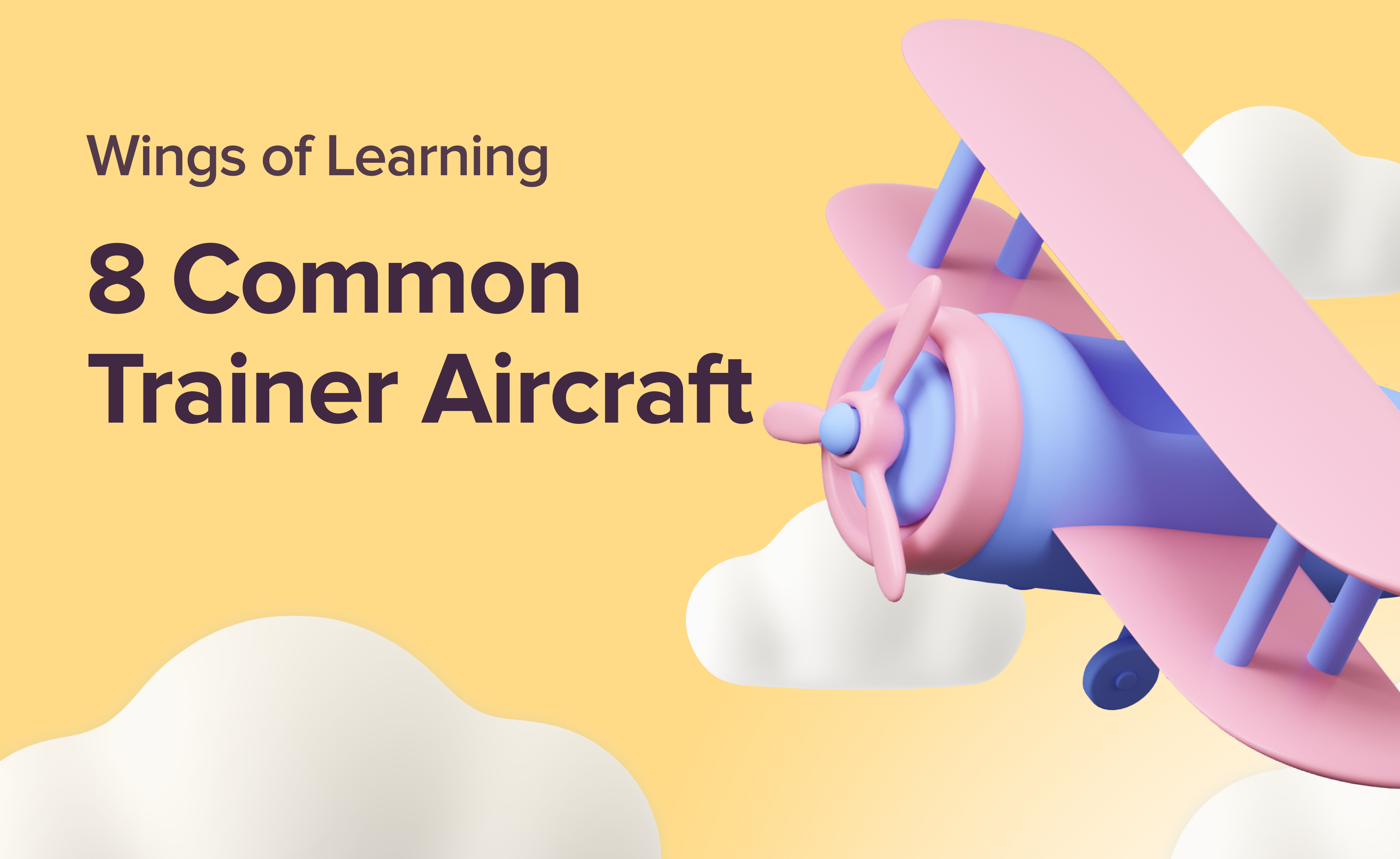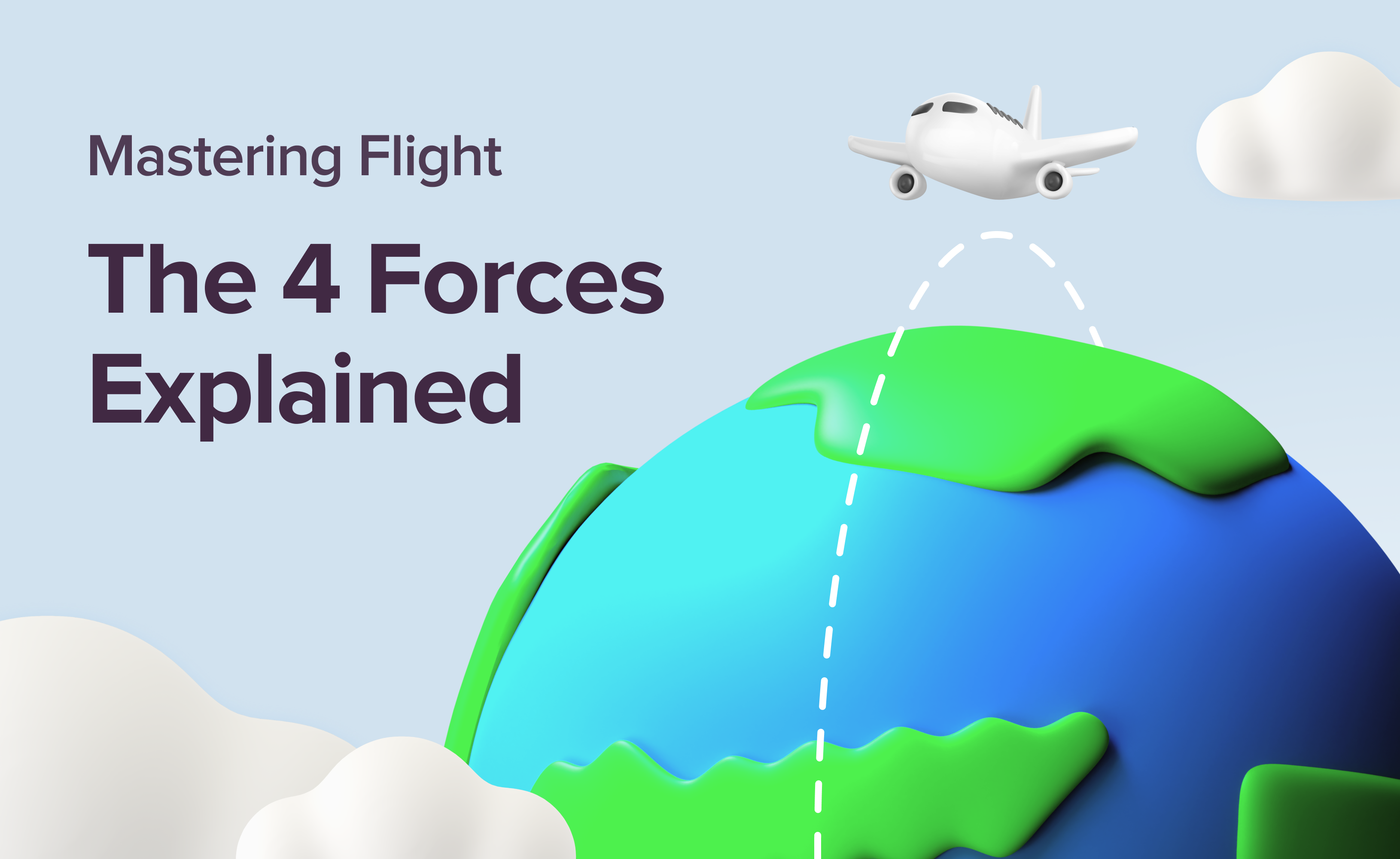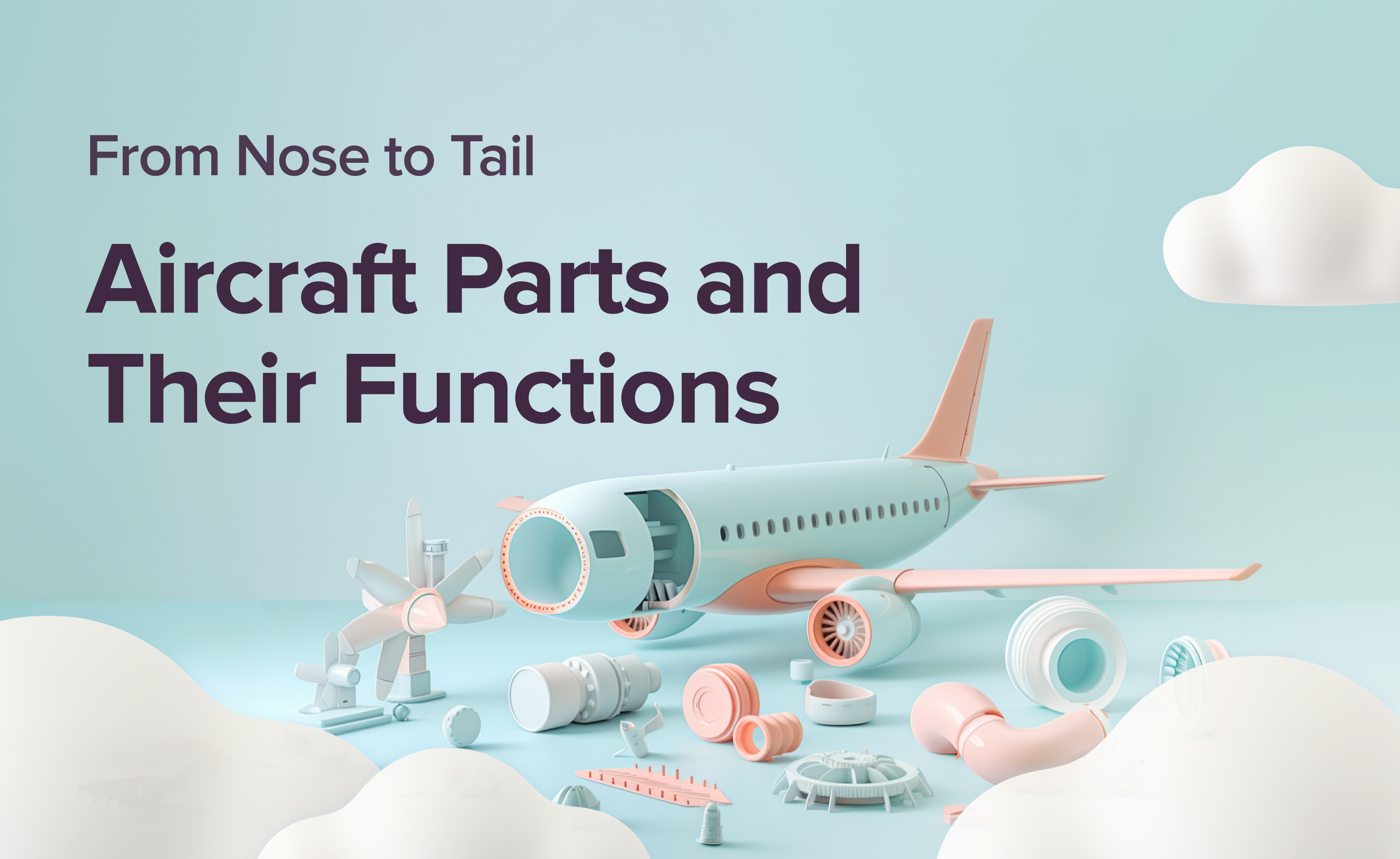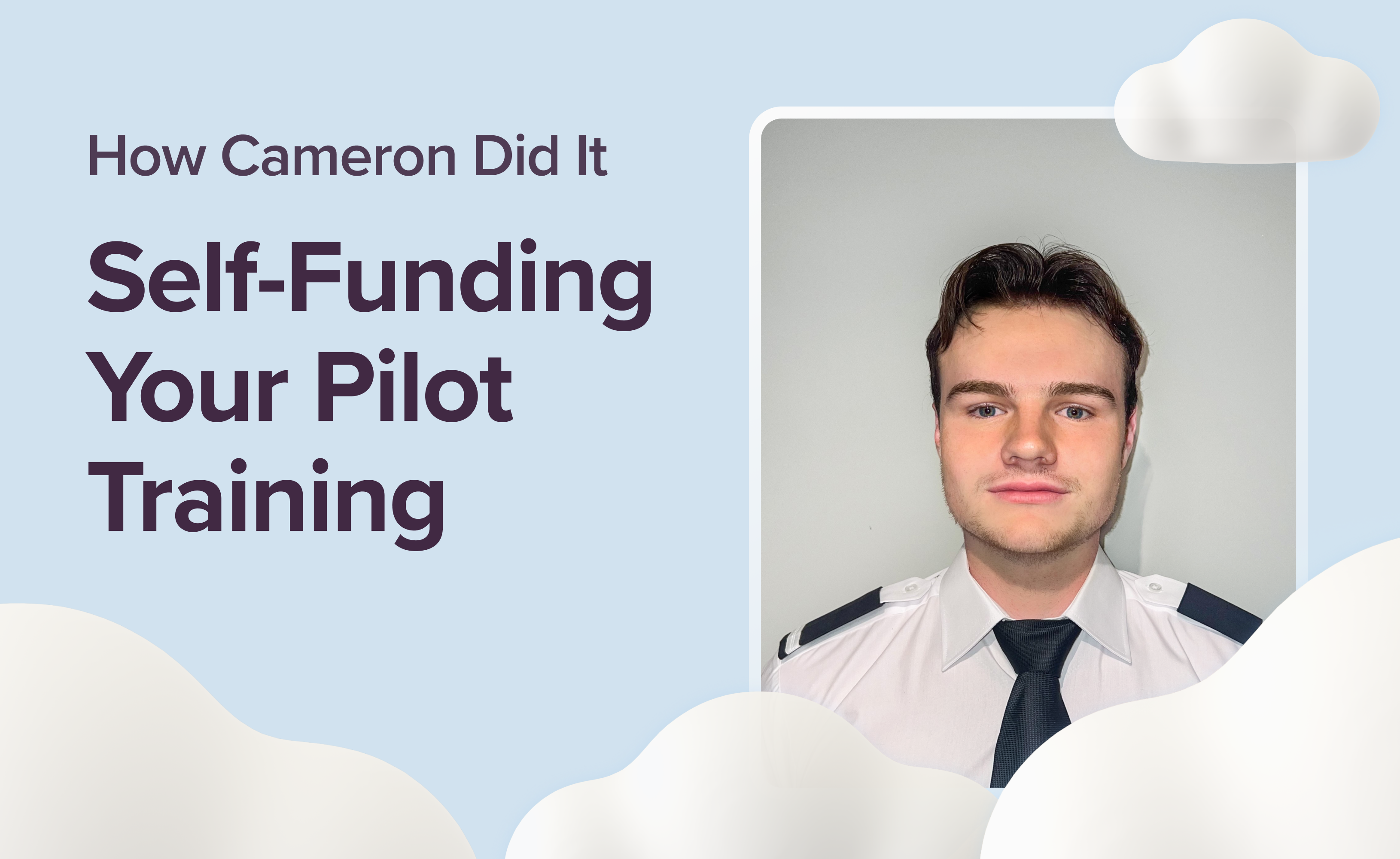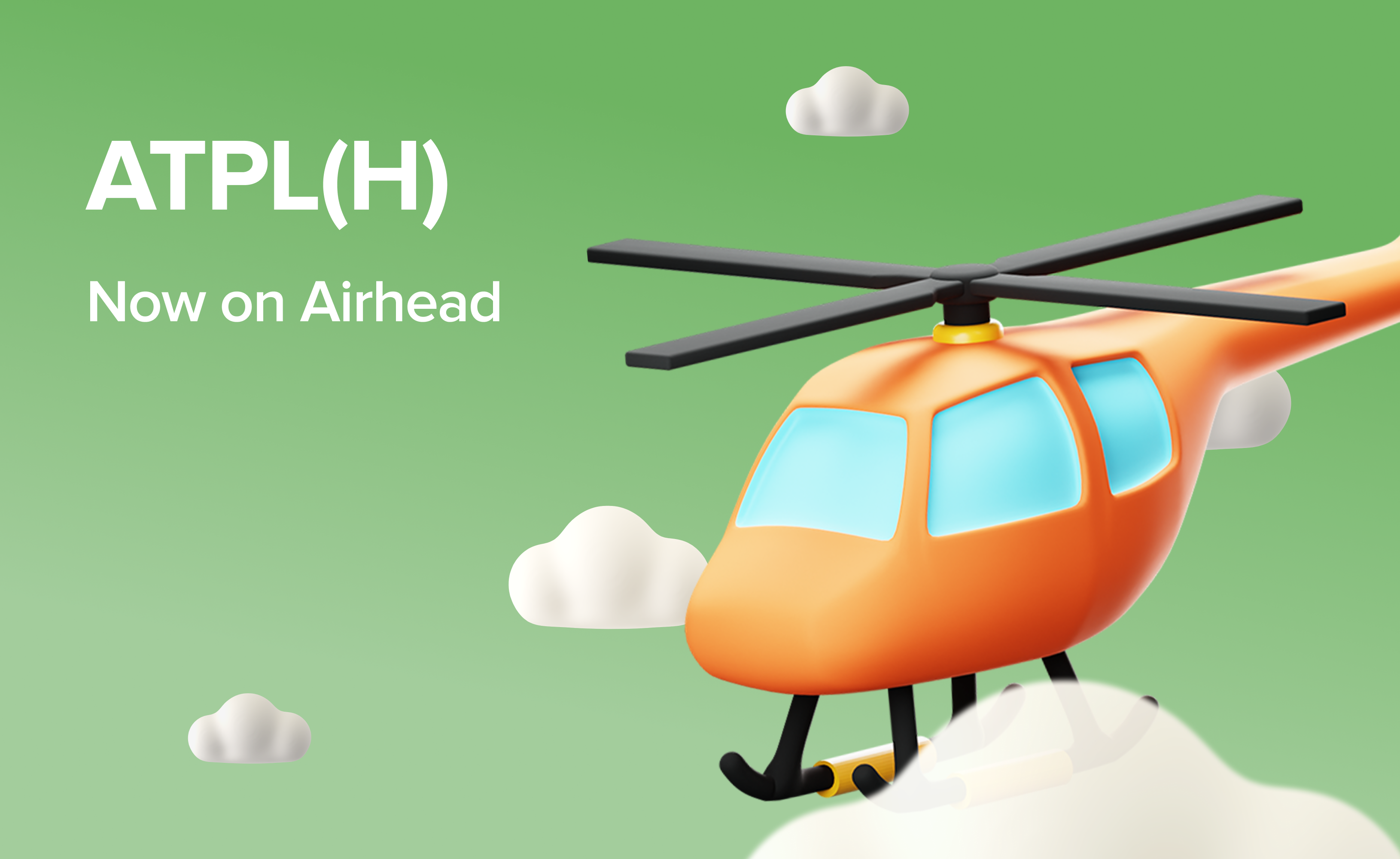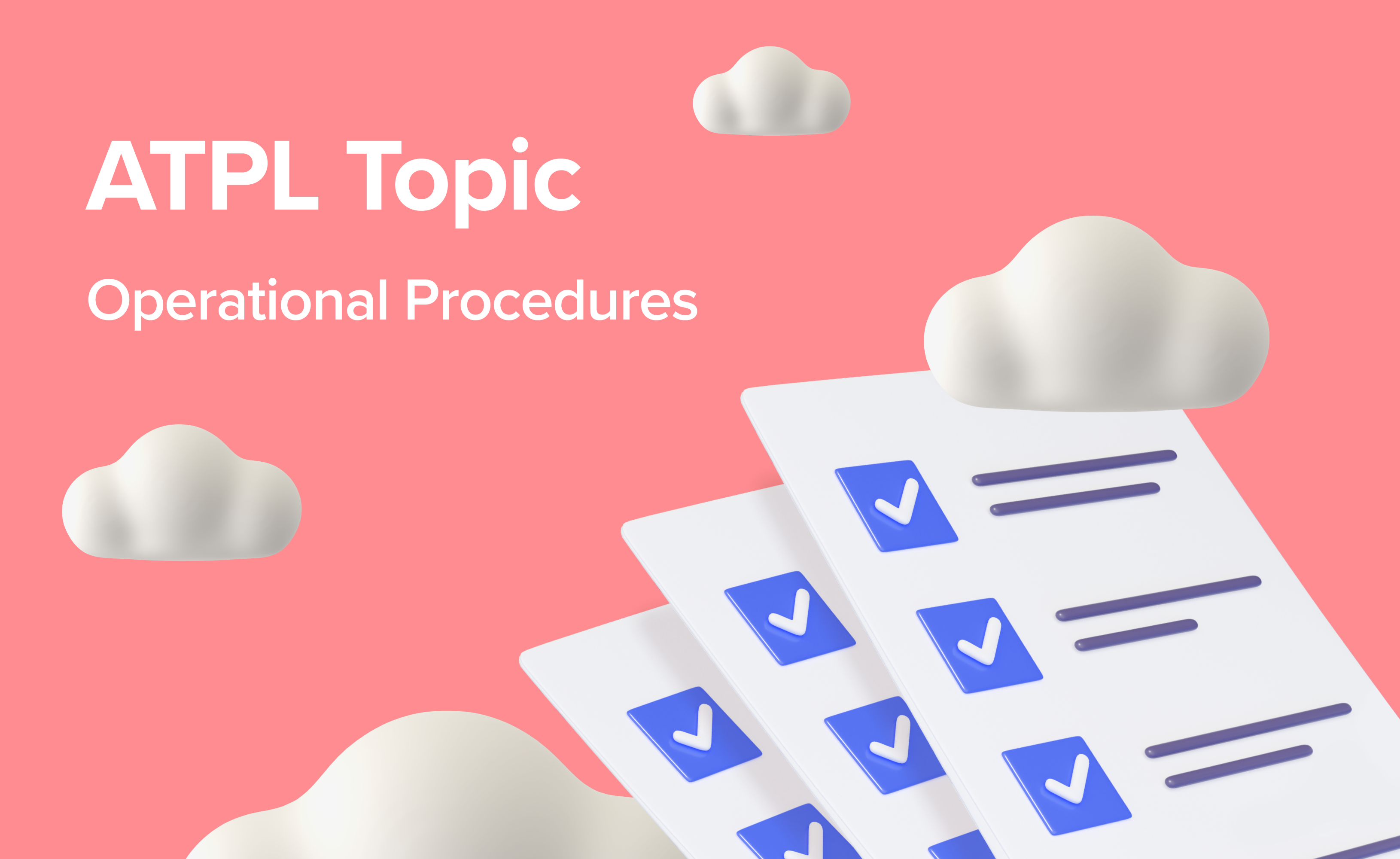Soft Skills: The Foundation of Aviation Excellence
Introduction
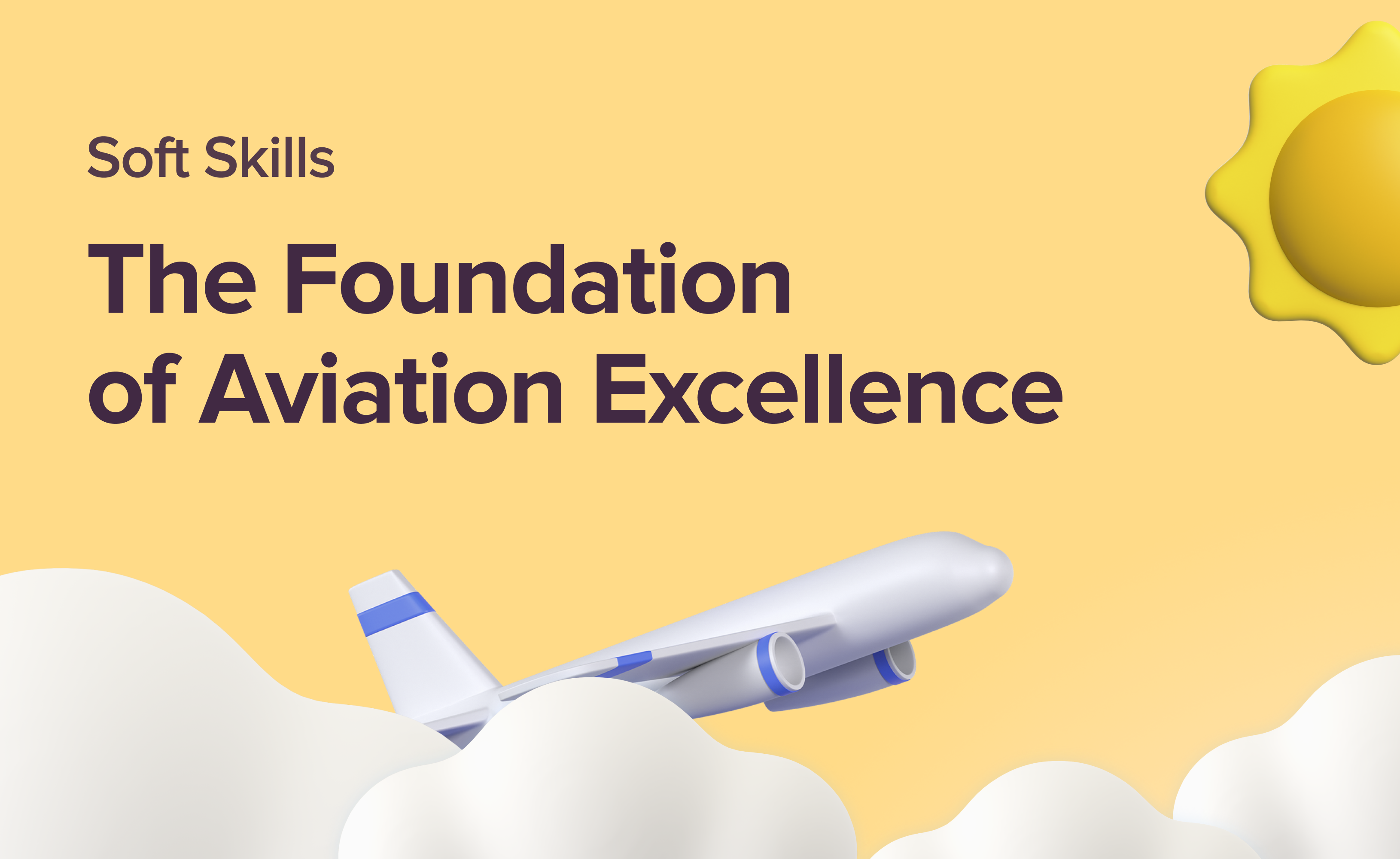
The aerospace and aviation sector is grounded in technical expertise, knowledge, and experience. Nearly every role within this sector demands precision and understanding. In Europe, maintenance professionals are required to hold certifications from the EASA and specific ratings for various airframes, reflecting their deep knowledge of an aircraft's complex systems and components. Pilots must hold class ratings and maintain their technical skills and knowledge through continuous recurrent training. For those working in this industry, technical proficiency is paramount.
But what happens when you have a top-tier pilot with multiple type ratings and thousands of flight hours who struggles to interact effectively with a crew and passengers? Or consider a maintenance technician who knows an aircraft inside out but struggles to collaborate with others in their department?
These scenarios highlight the critical importance of soft skills in aviation. Let's explore what soft skills are and why they hold hard value in the aviation industry.
What Are Soft Skills in Aviation?
To put it simply, hard skills refer to what you know, while soft skills relate to how you work. Soft skills encompass the interpersonal abilities, character traits, and attitudes that determine how effectively you interact with others and navigate various situations. In aviation, soft skills are just as vital as hard skills. They include work ethic, and social interpersonal abilities that complement technical pilot skills.
Soft skills pertain to how pilots communicate, collaborate, manage situations, and make decisions. These cover communication, teamwork, leadership, decision-making, confidence, situational awareness, and stress management.
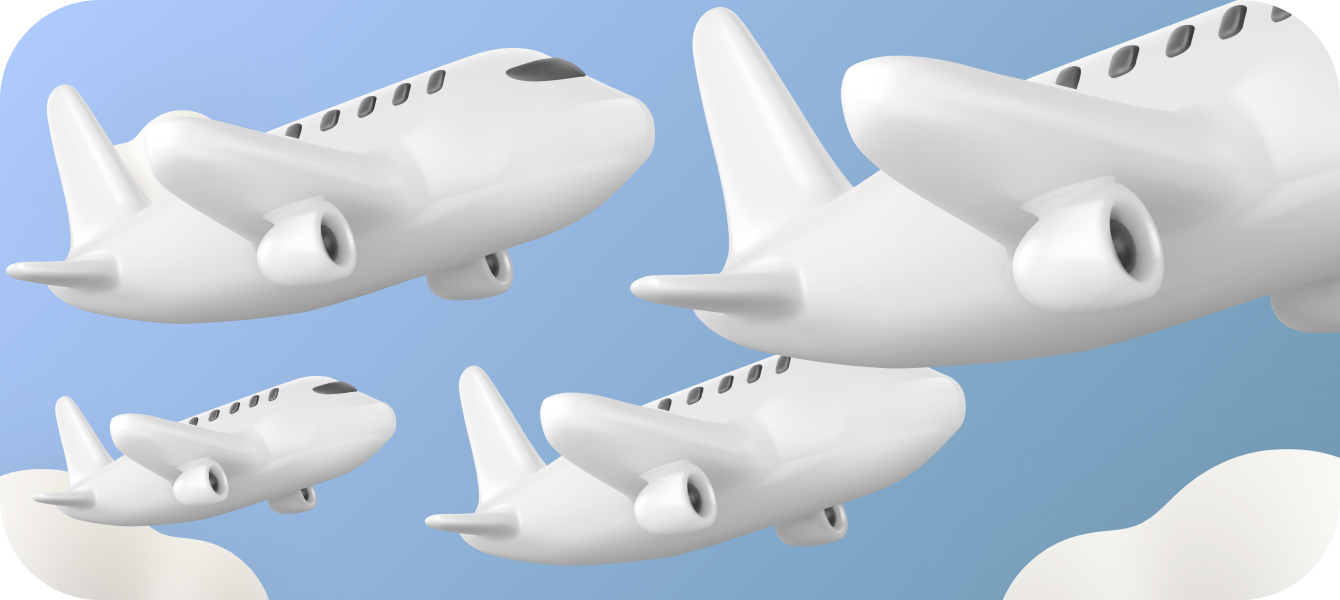
Why Soft Skills Have Hard Value?
You might be the best at what you do, whether it's flying an aircraft, maintaining it, or managing a team. But if you can't communicate effectively, work well with others, or manage stress, your technical prowess might not be enough to carry you through tough situations. Soft skills are the glue that holds everything together. They enable you to navigate complex human interactions, make better decisions, and lead teams with confidence and empathy.
Why do these soft skills hold such hard value? Because they directly influence outcomes. Better communication leads to fewer misunderstandings and errors. Strong teamwork fosters a collaborative environment where everyone is motivated to perform at their best. Effective leadership inspires and guides teams through challenges, while good decision-making under pressure can be the difference between success and failure.
An essential aspect of soft skills in aviation is the concept of Crew Resource Management (CRM). Initially developed to reduce human error, CRM emphasises the importance of communication, teamwork, leadership, and situational awareness within the cockpit and among the entire flight team. It trains pilots and crew members to use all available resources —human, informational, and technical — to operate safely and effectively. CRM has become a vital component in aviation training, ensuring that crews not only have the technical expertise to fly an aircraft but also the soft skills needed to work cohesively under pressure.
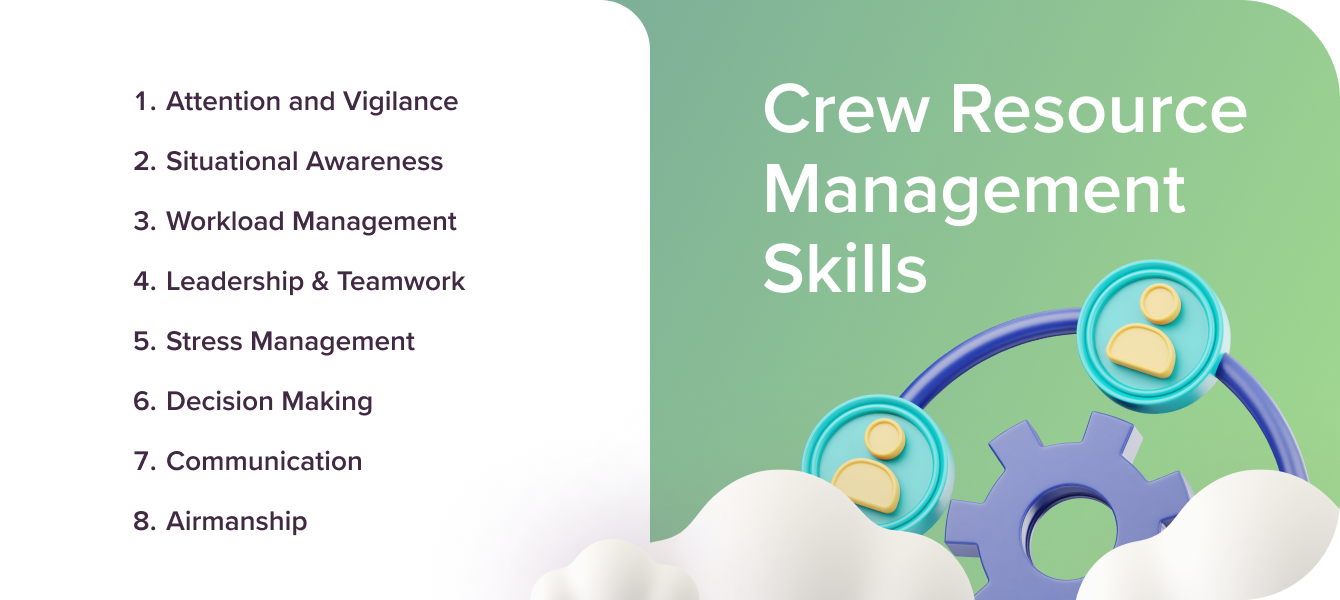
What's the Aviation Industry Saying?
When aviation professionals (including pilots, maintenance technicians, line service and customer service personnel, flight attendants, and leadership teams), are asked about the daily challenges they face, 90% cite issues related to human interaction, communication breakdowns, and interpersonal dynamics. Technical expertise is rarely the problem; it's the human factors that present the greatest challenges. Some of the most common challenges reported relate to people management and the operation:
Building and maintaining a cohesive team
Motivating and holding team members accountable
Resolving conflicts and managing relationships
Fair and equitable leadership
Managing diverse personalities and skill levels
Ensuring safety, quality, and efficiency
Effective communication and collaboration
Time management and prioritisation
Delegating tasks and managing workload
Providing clear guidance and feedback
These challenges, and many others, are part of the daily reality in the workplace, all rooted in human interaction. Successfully addressing these issues requires core strengths in relationship-building skills.
Ask any aviation professional — pilot, flight attendant, ground crew, manager, or anyone in between — about the skills they believe are most crucial for career advancement, and you'll likely hear common essential skills: communication, teamwork, and leadership. These soft skills are consistently cited as areas for improvement or as skills they wish they had developed earlier in their careers.
Communication

Communication is not just a skill in this industry. It's a matter of life and death. Whether you're working as a flight crew, cabin crew, or air traffic controller, your ability to convey instructions accurately and precisely can make all the difference.
Consider a tragic example from aviation history: In January 1990, an Avianca flight nearing JFK Airport was running dangerously low on fuel in severe weather. The captain instructed the first officer to inform Air Traffic Control (ATC) of their emergency. However, the first officer only reported that they were "running out of fuel," without using the word "emergency." As a result, ATC did not grasp the gravity of the situation, and the plane tragically crashed nine minutes later, killing 73 people. This incident highlights how critical it is to use precise language in aviation.
Effective communication ensures that everyone involved in the operation of an aircraft is aligned, which is vital for maintaining safety. That’s why, in the aviation industry, employees are not only trained on how to communicate effectively but are also taught the standard phraseology and protocols needed to ensure clarity and consistency.
As young pilots, you'll find that communication is not just a soft skill but a critical component of your training. Communication is covered extensively under the ATPL syllabus to ensure that you can handle both routine and emergencies with precision. This isn't just about talking—it's about understanding the power of your words and how they impact the safety and efficiency of flight operations. As you advance in your career, remember that it's not just about knowing what to say but also about how to say it — concisely and with absolute precision.
Teamwork
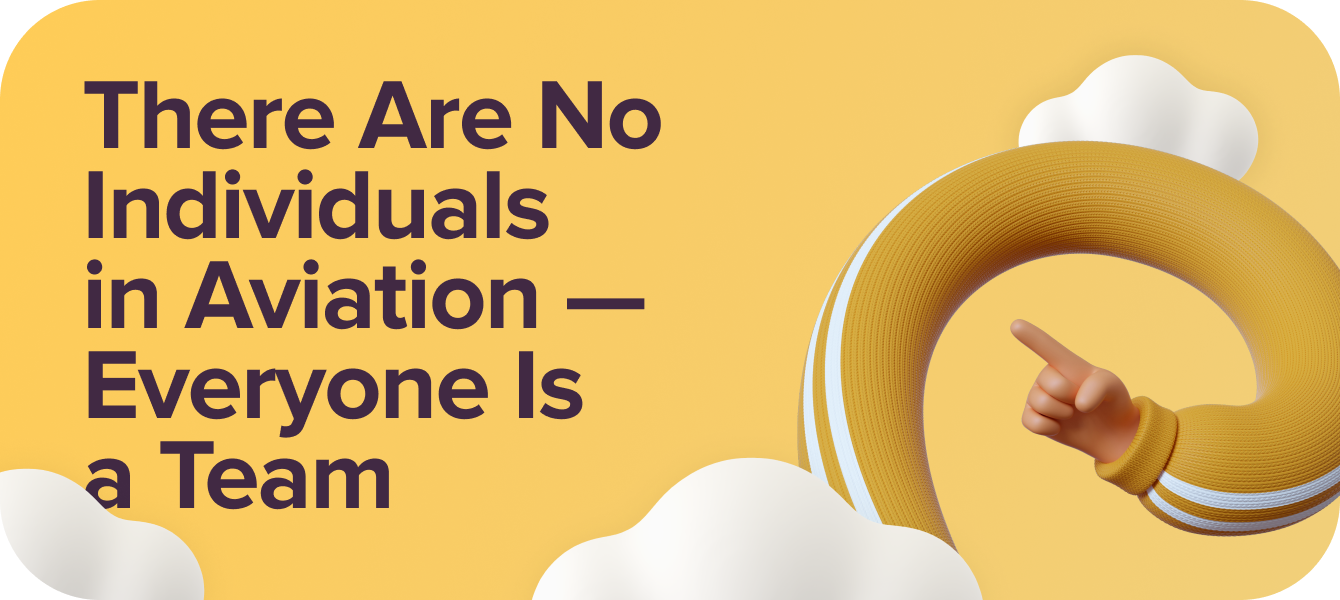
Aviation is fundamentally a team effort. From the flight deck to the ground crew, every individual plays a crucial role in ensuring the safety and success of a flight. For pilots, working effectively with co-pilots, cabin crew, and air traffic controllers is essential. This collaboration becomes even more critical during emergencies, where coordinated teamwork can be the difference between a safe outcome and a disaster. Even the smallest error can have serious consequences, making effective teamwork non-negotiable in this industry.
Good teamwork also involves recognising the strengths and weaknesses of others, knowing when to step in, and when to allow others to take the lead. For aspiring pilots, developing strong teamwork skills is key to becoming a well-rounded and effective aviation professional.
One of the unique aspects of aviation is that there are no fixed teams. Pilots and flight attendants are regularly rotated, working with different crews to ensure flexibility and exposure to various working styles. This rotation prevents complacency and keeps everyone sharp.
At the heart of crew operations is the principle of cross-checking, where each team member verifies the actions of others. This rigorous system is designed to enhance safety by requiring double-checks, ensuring that no mistakes slip through the cracks. This is also why having two pilots on board is a must — it's all about teamwork, checks, and balances to guarantee the highest safety standards.
During training, you as a student must properly communicate with your instructor, just as First Officers and Captains must do the same in the professional world. You’ll also need to be working with your other teammates, such as dispatchers, crew members and ATC to ensure coordination of all that occurs during flight.
Leadership

Effective leadership hinges on clear communication of the mission, vision, values, and goals, ensuring that everyone is aligned and working towards the same objectives. Leaders must empower team members to innovate and bring fresh ideas to the table, fostering an environment where creativity and experimentation are encouraged. This approach creates a culture of continuous improvement, driving better outcomes for the organisation.
Effective leadership in aviation management isn't just about technical expertise; it's about inspiring and guiding others, making decisions that impact the safety and success of a flight, and managing the dynamics of a diverse team. For instance, a pilot-in-command must possess not only exceptional flying skills but also the ability to lead a crew through challenging situations, making decisions that prioritise safety while maintaining efficiency.
Aspiring pilots should focus on developing both their technical and interpersonal skills to become effective leaders. Leadership in aviation is multifaceted—it involves making tough decisions, guiding your team under pressure, and ensuring that safety is never compromised. Courses in leadership, mentorship, and gaining experience in leadership roles, even outside of aviation, can be instrumental in building these essential qualities.
Decision-Making

As a pilot, you’ll be faced with decisions at every stage of flight—from routine choices like adjusting speed and altitude to split-second decisions during unexpected situations. The ability to assess a situation quickly, consider the options, and choose the best course of action is what keeps flights safe and on track.
For young pilots, decision-making may seem daunting at first. But it’s a skill that will grow with experience, training, and practice. Every time you step into the cockpit, you’re not just operating an aircraft; you’re also managing risks, balancing priorities, and thinking ahead.
One of the best ways to sharpen your decision-making skills is through flight simulations. The more you practice, the more confident and decisive you’ll become. Observe experienced pilots and learn from their decision-making processes. Ask them to share their experiences, especially those involving difficult decisions.
Confidence

A confident pilot is more likely to handle challenging situations, such as landing in difficult weather, with assurance and precision. Confidence also helps in managing the crew and passengers, especially during stressful situations, as a calm and assured demeanour can instil trust and reduce anxiety. Aspiring pilots can build confidence through thorough preparation, continuous learning, and gaining experience in various flight conditions.
Situational Awareness
Situational awareness is the ability to perceive and understand the current environment and anticipate future states. In aviation, this means being aware of everything from the aircraft’s position and speed to the weather conditions and the presence of other aircraft.
A pilot who maintains good situational awareness can anticipate potential conflicts, such as a nearby aircraft on a collision course, and take corrective action before the situation becomes critical. This skill is crucial for avoiding accidents and ensuring safe flight operations. Developing situational awareness involves practice, vigilance, and the ability to process multiple streams of information simultaneously. It is a skill that pilots continue to refine throughout their careers.
Stress Management
Aviation is inherently stressful, and the ability to remain calm under pressure is non-negotiable. As a pilot, you’ll be exposed to different situations. Some of them can be highly stressful like unexpected turbulence or minor issues with the aircraft. However, it’s important that you remain calm and composed throughout the flight as any sign of panic might trickle down to your crew and passengers. If you stay calm, it will help alleviate the crew’s and passengers’ stress.
During the “Miracle on the Hudson,” Captain Chesley Sullenberger’s calm response to the loss of both engines was crucial in successfully landing the plane on the river, saving all 155 people on board. For aspiring pilots, learning to manage stress and maintain composure is essential. This can be developed through training, experience, and mental conditioning techniques, such as visualisation and controlled breathing.
Typically, you can develop a calm demeanour through intense pilot training that exposes you to different emergencies and trains you to make sound decisions while under pressure. Through practice and persistence, you’ll learn how to stay calm.
Where to Start?
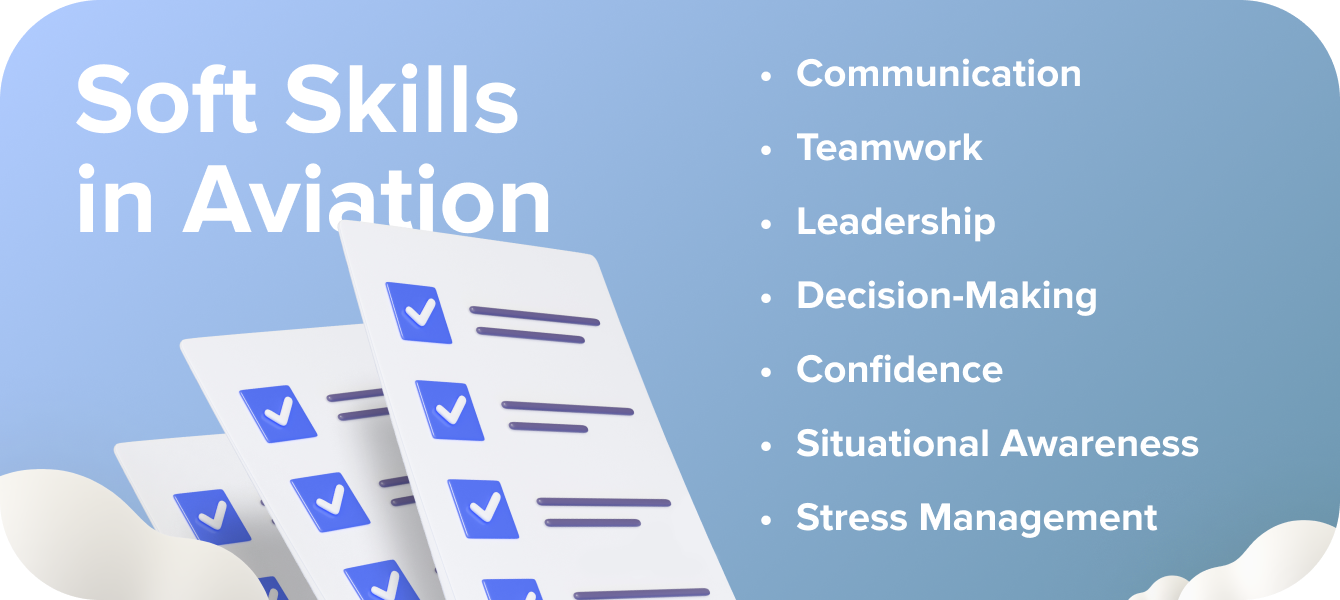
For those beginning their aviation journey, prioritising the development of soft skills alongside technical training is essential. Soft skills are the foundation that will enable you to excel not just as a pilot, but as a leader and team player in a high-stakes environment.
Focus Areas
1. Communication: Start by enhancing your communication skills, which are vital in aviation. Participate in activities that require clear and concise communication, such as public speaking clubs like Toastmasters, or volunteer for leadership roles in group projects. Reading materials like "Crucial Conversations" by Patterson, Grenny, McMillan, and Switzler can offer practical insights into effective communication.
2. Teamwork: Engage in team-based activities, such as sports or group projects, to learn how to collaborate effectively. Understanding team dynamics is crucial, especially in a cockpit where cooperation with co-pilots and cabin crew is essential. Consider taking courses like “Teamwork Skills: Communicating Effectively in Groups” available on platforms like Coursera or LinkedIn Learning.
3. Decision-Making: Decision-making under pressure is a critical skill for pilots. Start by practising in simulation environments, where you can experience high-pressure situations in a controlled setting. Books like "Thinking, Fast and Slow" by Daniel Kahneman provide insights into how decisions are made under different circumstances.
4. Leadership: Begin cultivating leadership skills early. Take on roles that require you to lead others, even outside of aviation, such as in community organisations or sports teams. Leadership courses, such as those offered by the CAA or EASA, can provide structured learning and practical exercises.
5. Stress Management: Techniques such as mindfulness and stress management practices can be beneficial. Courses like “Mindfulness-Based Stress Reduction (MBSR)” are highly recommended for building resilience.
Practical Steps to Start
Seek Feedback: Regularly ask for feedback from instructors and peers. Understanding how others perceive your soft skills is crucial for growth. Constructive criticism can guide you on which areas need more attention.
Simulations and Real-World Practice: Engage in flight simulations and real-world training scenarios that mimic the pressures of actual flight. This hands-on practice helps in applying soft skills in a controlled, yet realistic environment.
Read and Educate Yourself: Expand your knowledge by reading books and materials focused on soft skills. Books like "Emotional Intelligence" by Daniel Goleman can help you understand the importance of managing your emotions and those of others.
Take Courses: Consider enrolling in additional courses focused on soft skills. For instance, the “Pilot in Command: Mastering the Art of Leadership and Communication” course available online can be a great resource. Additionally, institutions like ICAO and IATA offer training modules specifically aimed at improving soft skills in aviation professionals.
Continuing Development: Remember, soft skills are not developed overnight; they require continuous effort and experience. As you progress in your training and career, regularly assess and refine your soft skills. Attend workshops, seek mentorship, and stay engaged in activities that challenge you to grow.
Ultimately, having a strong blend of technical expertise and well-honed soft skills will play a critical role in your aviation career, helping you not only land your dream job but excel throughout your career.
Airhead's Takeaway

Soft skills often get overshadowed by the technical demands of aviation, but their value is undeniable, especially in today's interconnected world. While technical skills are crucial for safely operating an aircraft and understanding the principles of flight, it’s the soft skills that serve as the foundation for building trust, enhancing productivity, and achieving long-term success.
It might seem daunting to master the rigorous technical aspects of pilot training while also developing these interpersonal skills, but as a student pilot, you already have the right mindset to excel in both areas. The very nature of pilot training—demanding discipline, focus, and resilience—prepares you to cultivate the soft skills necessary to thrive in this high-stakes environment.
Remember, aviation is a field of lifelong learning. As you advance in your career, continuous technical and soft skills improvement will keep you at the forefront of the industry.



